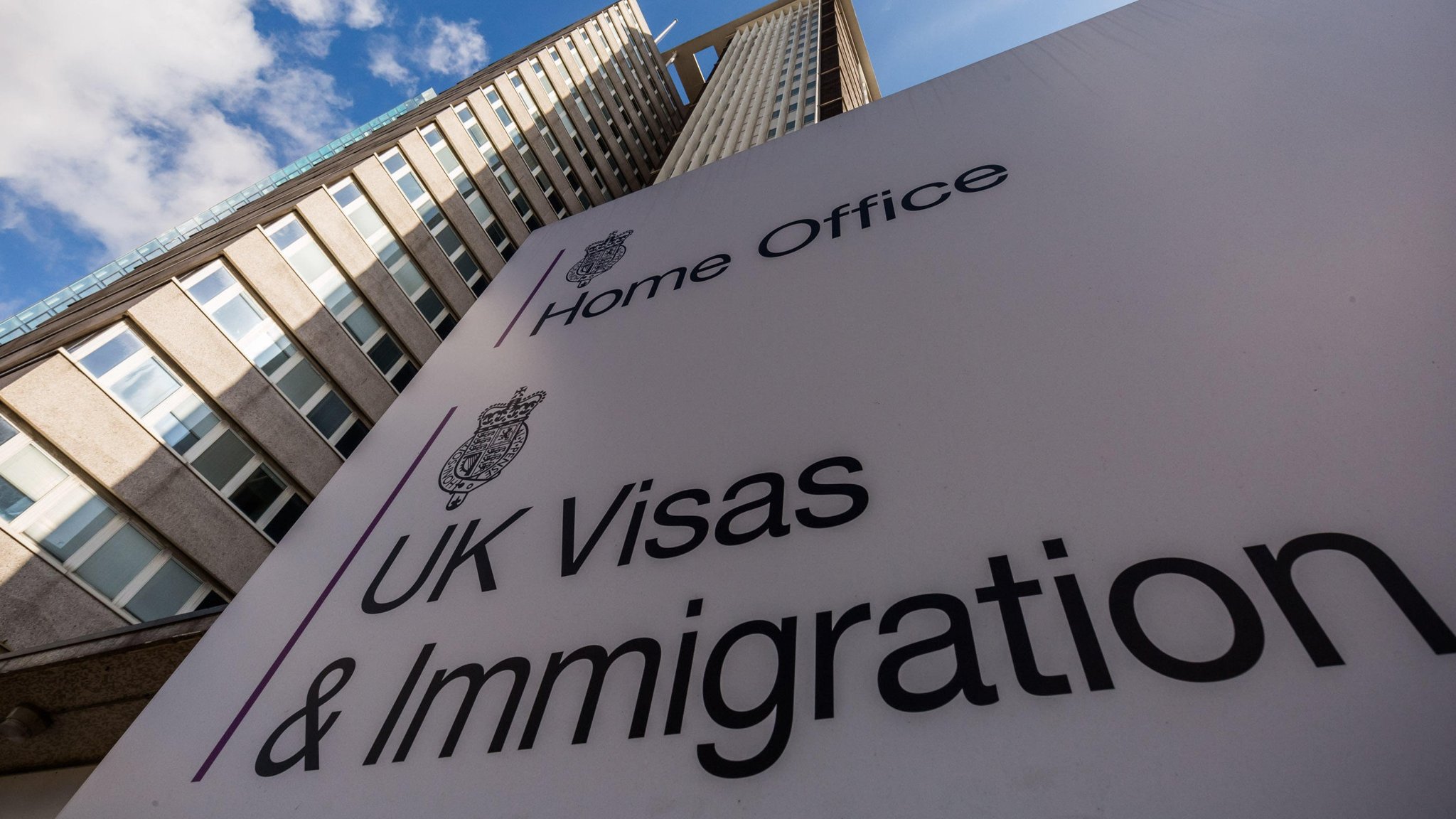Africa is currently in the midst of “the decade of China”. In recent years, China has vigorously ramped up development projects throughout the Africa, claiming to build up the continent’s infrastructure through its construction, mineral extraction, and other developmental activities. In China’s quest for economic dominance in Africa, Zimbabwe has become a focus of the regime’s attention, even though, or partially because of, the United States refusing to conduct business the Southern African country, due to its disapproval of President Robert Mugabe’s despotic policies and iron grip on power. Indeed, in the years from 2000-2012, at least 128 official Chinese development projects were identified in China, including hundreds of millions spent to expand a dam, and finance local cotton production.

China claims that, without western investment, it is playing a vital role in propping up the fledgling Zimbabwean economy. But if Zimbabweans wanted proof that China’s development work was motivated by selfish reasons, rather than centered on providing opportunity to the African people, we received it last week. In a headline that seemingly was written as satire, China awarded Robert Mugabe with the Confucius Peace Prize, their own version of the Noble Peace Prize. China asserted that the award, which Mugabe won over Bill Gates, was given to recognize Mugabe for “injecting fresh energy” into the global quest for harmony. For Zimbabweans, though, this award is an abject insult to our people and to our collective intelligence.
For years, ever since our former war-hero Mugabe begun pillaging the Zimbabwean economy to maintain his grasp on power, long-suffering Zimbabweans have been crying for allies to help us restore our dignity. Then China, as if to deliberately mock us all, honored the very tyrant responsible for our ever-worsening suffering.
Perhaps this should not surprise us. A totalitarian government like Mugabe’s suits China’s interests perfectly. Zimbabwe’s own governmental problems means that it is less likely to hold China up to public scrutiny for its often-irresponsible business activities.
After all, China, despite its rapid growth to a global economic superpower, has continually failed to behave responsibly in its business endeavours in the vulnerable African market. Its many partnerships in Africa are heavily skewed in its favour and largely benefit corrupt ruling Chinese party officials. Very little, if any revenue, trickles down to the poor majority. China’s recent problems in the global marketplace show the shortsightedness of this top-down imperialistic economic strategy.
China’s businesses in Zimbabwe have long been a subject of suspicion among my countrymen. The mere mention of China on the streets of Harare can arouse derision, anger or laughter. Zimbabweans famously adopted the nickname ‘Zhing Zhong’, or “low cost”, as a reference for anything that comes from China. We have become their dumping ground. As our situation worsened throughout the 2000’s, with record inflation and unemployment, most companies left the country. But Chinese goods flooded every shop.
It is dangerous to make sweeping statements about any country. But Chinese firms operating in Zimbabwe are well known for bringing in cheap goods, abusing local workers, and providing derisory salaries. Their infamous reputation for working locals for long hours is well known. Helping the development and growth of an economy appears to be the missing from their list of priorities. Rather, their primary goal seems to be to exploit every vulnerable area in our communities mercilessly, and, in turn, give nothing back.
In its fervent desire to compete with the West for global supremacy, China has engaged in illicit trading in Zimbabwe. This has involved extracting as much natural resources from our mines to feed the voracious appetites of their rapidly burgeoning industries. These firms do not create Zimbabwean jobs. On the aggregate- the companies are bringing in Chinese people to do jobs in Zimbabwe, even though many Zimbabweans would be qualified.
China’s statement in justifying giving the award to Mugabe is completely devoid of reality. There may not be a single person in Zimbabwe who agrees that ‘Mugabe has worked hard to bring political and economic order to the country and to improve the welfare of the Zimbabwean people by overcoming hardship.” The discrepancy between this illusion, and the reality that faces ordinary Zimbabweans every day, is vast.
China’s investments in Zimbabwe have not led to any meaningful improvements in human rights. A chronic shortage of clean water and proper sanitation persists. Less than 20 percent of Zimbabweans are formally employed; the rest have been condemned to vending, cross border merchants and scavenging refugees in neighbouring countries.
Companies continue to close their workshops to move to South Africa, and are replaced by ever expanding tuck-shops filled with cheap Chinese goods. A recent headline on a South African financial site confirms this new reality: “Zimbabwean economy bleeds 4000 jobs; 150 firms close.” But China continues to expand its presence in our country.
China will be better served if it behaved in a manner that respects the welfare of Zimbabweans. Honouring a man responsible for these dark times times raises further questions about China’s intentions in Zimbabwe. Zimbabweans would gladly welcome an investing China that also speaks out against human rights abuses in the country. A China that does not pollute rivers, while mining our resources. A China that purposefully uplifts the welfare and economy of the community in operates in. A China that actually respected the ordinary people of Zimbabwe, and did not blatantly insult our intelligence by honouring our disgraced president.Huff Post






